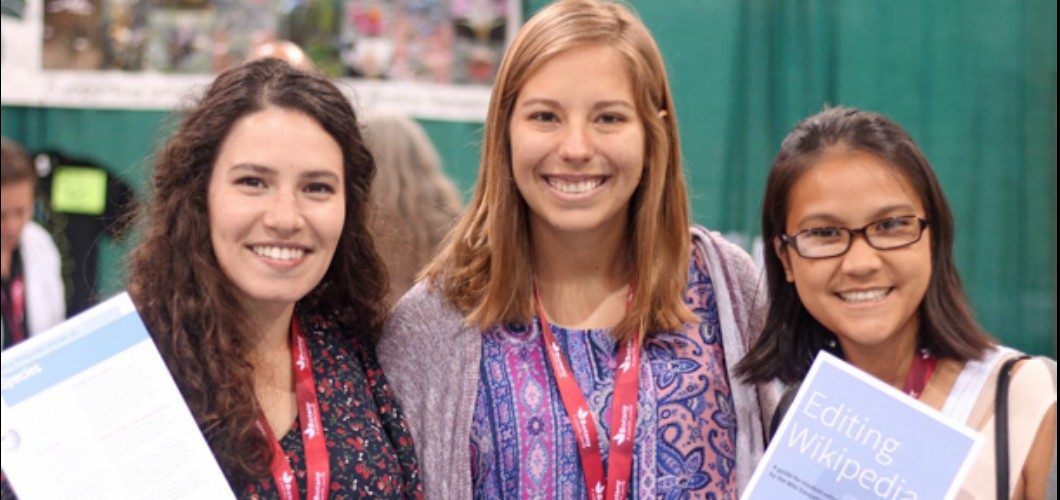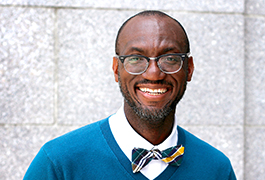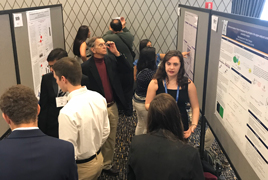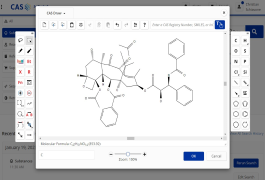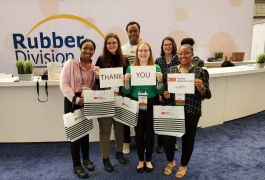How Undergraduates Can Expand Wikipedia, Advance Chemistry
Wikipedia is one of the most-accessed online references in the world, with the free encyclopedia getting more than 500 million views every month. Yet its coverage of natural and physical sciences, such as chemistry, lacks substance. If you look at Wikipedia’s list of featured articles — considered the most accurate, complete, and neutral by Wikipedia editors — only 41 articles are related to chemistry. By comparison, you’ll find 591 comprehensive articles about military history and warfare. And that’s just one example of many.
To increase public access to reliable scientific research, the Wiki Education Foundation (Wiki Ed) is partnering with the American Chemical Society (ACS) to support instructors and students in researching and writing about chemistry topics on Wikipedia.
Wikipedia matters
In its 16-year history, Wikipedia has evolved into a robust resource that has become a valuable starting point for students and researchers. More importantly, it has become a top reference source for the public. Other than university libraries, people have limited access to recent scientific research and discoveries. Yet non-scientists, including policy-makers, frequently make decisions that can — and should — be informed by science.
Furthermore, anyone who is searching for information about any topic, scientific or otherwise, is likely to find a Wikipedia article at the top of web search results. Chemists and chemistry students can help ensure that those searches yeild accurate, informative results.
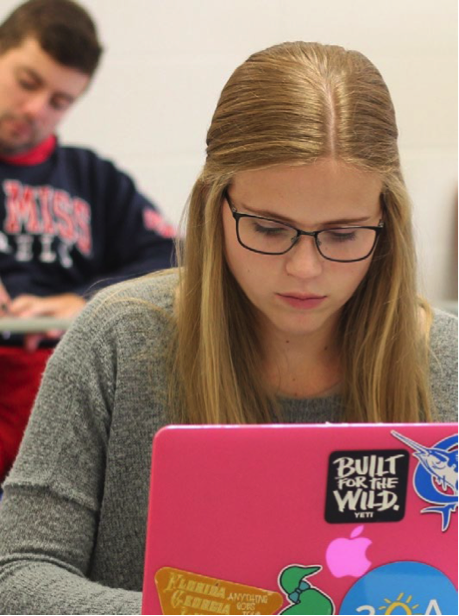
Students and faculty steer Wiki chemistry
Many academics are embracing Wikipedia as a platform for public scholarship. Individuals can get involved, and so can entire classes. In fact, Wiki Ed offers a program to help students and instructors get the most out of editing Wikipedia. Wiki Ed has long supported chemistry courses through its Classroom Program — so many that the organization developed a quick guide for writing chemistry articles. So far this year, chemistry students have contributed more than 400,000 words to Wikipedia. That’s equivalent to about 550 printed pages.
In this unique program, instructors enhance a traditional writing assignment by asking students to review the available literature on a course-related topic, synthesize it, and publish their work to Wikipedia. Wiki Ed provides online trainings for students, tools for instructors to track student work, and Wikipedia expertise throughout the process. As students pick up communication, information literacy, and critical thinking skills, the world gets access to high-quality chemistry research.
Highlighting women in STEM
As a part of this partnership, Wiki Ed and ACS are working to create and improve biographies of women chemists, who remain underrepresented in the encyclopedia. Chemistry students can use Wikipedia’s reach to highlight notable women in the field and increase their visibility as role models — especially to budding scientists. Information is advocacy, and students like you can play a significant part in advocating for women whose research is largely overlooked.
Tapping into members’ energy
ACS and its members have shown considerable interest in improving Wikipedia’s chemistry content. The society organized edit-a-thons in Washington, D.C., in San Diego, and at the 252nd ACS National Meeting in Philadelphia. Members received instruction from knowledgeable Wikipedia contributors about the rules of editing, and these experts also helped them make their first edits. Attendees were excited to learn about amplifying their impact by bringing Wikipedia into the classroom. If you’re a chemistry instructor or student interested in Wiki Ed initiatives, please visit www.wikiedu.org, or e-mail Wiki Ed staff at contact@wikiedu.org.
Tips for Editing Wikipedia Articles
ADAPTED FROM WIKI ED’S “EDITING WIKIPEDIA ARTICLES ON CHEMISTRY”
Be accurate: You’re contributing to a resource that millions of people use to inform themselves about the world of science!
Understand the guidelines: Wikipedia uses a framework called the Five Pillars to shape its content. Take time to read and understand the rules before you start making edits.
Engage with others: Wikipedia is a community of editors, and part of the experience is receiving and responding to feedback from others.
Use your own words: Like any writing assignment, plagiarism and close paraphrasing are against the rules.
Play to your strengths: Wikipedia depends on volunteers who write, copyedit, add images to, and organize articles. Whatever your skill or interest, there’s a way for you to contribute.

